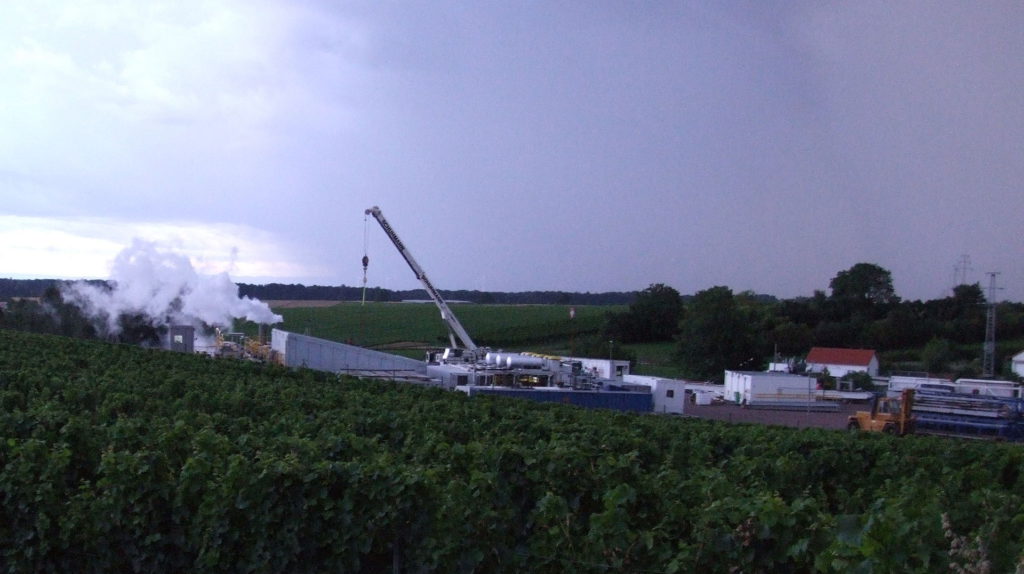Vulcan pushes back large-scale production date for German lithium plant to 2027

Start-up Vulcan Energy will begin large-scale industrial production of lithium hydroxide in Germany in 2027, two years later than originally planned, the company said on Friday as it started operations at a demonstration plant.
Vulcan started producing lithium chloride, an important component in producing lithium hydroxide, at its upstream extraction plant in Landau, Germany, in April.
It is currently raising funds for its first large-scale industrial plant with an aim of delivering an expected 24,000 tons of lithium hydroxide a year, equivalent to 500,000 electric vehicles, from 2027.
“The financing process has taken longer than expected,” Christian Freitag, the Vulcan CEO responsible for supply chain management, told Reuters.
Vulcan’s financial requirements now amount to 1.9 billion euros ($2.04 billion), including financing costs, with the required funds expected to be secured in the first quarter.
The company will raise more than 600 million euros from investors, Freitag said, and the remaining 1.3 billion euros via loans from banks, including the European development bank EIB, which could contribute half a billion euros.
Vulcan’s production of the battery raw material will help Germany cut dependency on lithium producers China and South America. The energy it will use to extract lithium from brine in underground reserves is simultaneously generated CO2-free using geothermal power plants.
Lithium demand is forecast to surge later this decade from growth in lithium-ion batteries used in electric vehicles.
Vulcan, which is listed both in Australia and Frankfurt, has already sold its first 10 years of production through purchase deals with carmakers including Volkswagen, Stellantis and Renault.
The company has already once postponed the start date for large-scale production at its plant by a year to 2026, citing supply chain delays.
($1 = 0.9292 euros)
(By Ilona Wissenbach and Miranda Murray; Editing by Jan Harvey)
{{ commodity.name }}
{{ post.title }}
{{ post.date }}




Comments